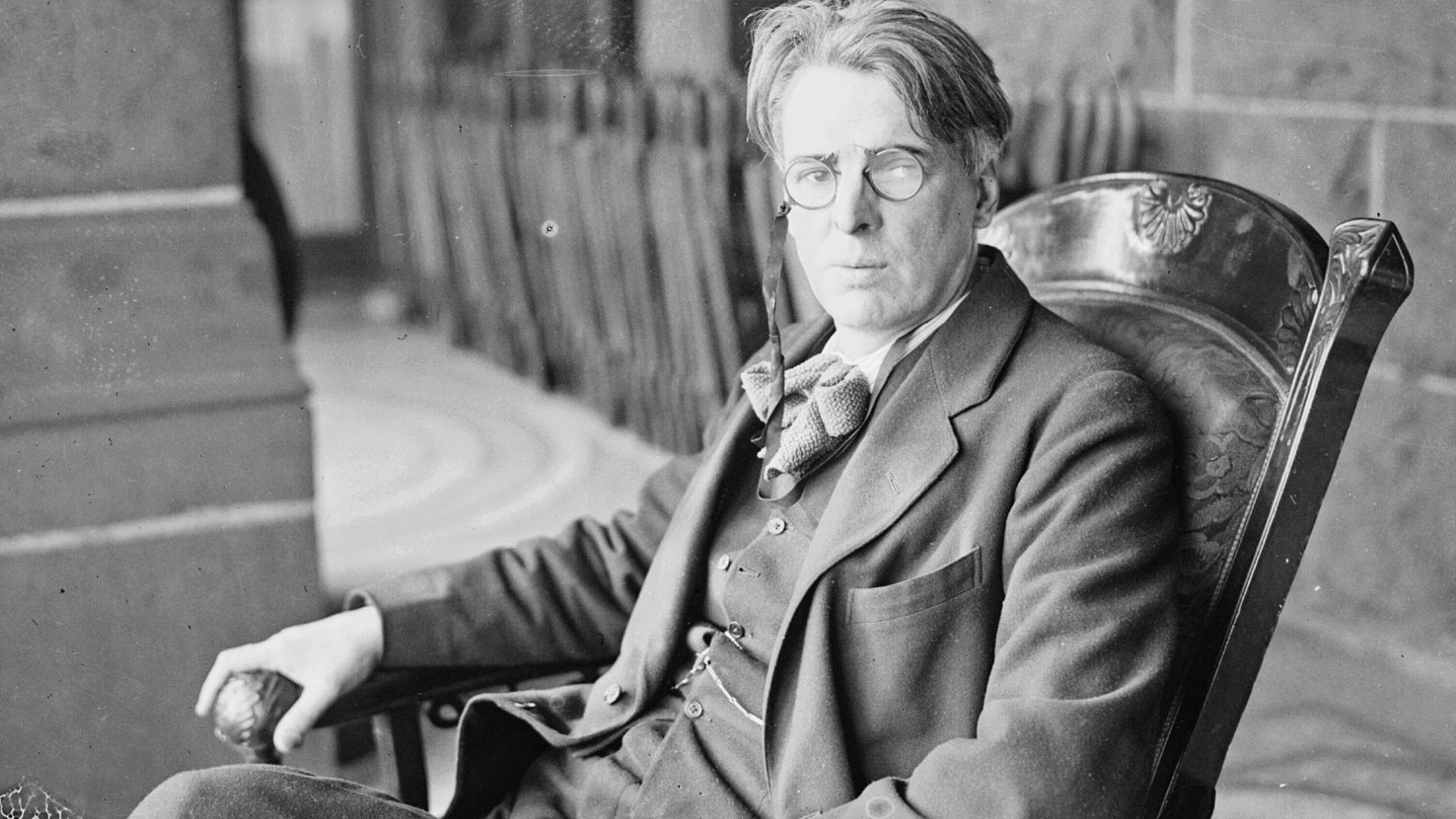The Second Coming Comments
TURNING and turning in the widening gyre
The falcon cannot hear the falconer;
Things fall apart; the centre cannot hold;
Mere anarchy is loosed upon the world,
...
Read full text
Lines 3 through 9 seem so apropos to the recent shooting events happening, there is an urgency in the need for understanding (a revealing) , and hope.
A critical, but devastating poem about what Yeats made of the modern world. There is anarchy and needless bloodshed, and no hope of a Second Coming of Jesus. Instead: ' And what rough beast, its hour come at last, Slouches towards Bethlehem to be born? ' This is largely what I see now in the world.
A free flight of creativity on winged immagination. An awesome creation by an intricate and a sober mind.
This is definitely one of Yeats' best poems. It is pessimistic but visionary. 'And what rough beast.../Slouches towards Bethlehem to be born? ' Great ending.
Autoplay takes all the feeling out of the poem - just like my English teacher in High School made us do. What nonsense!
So nice poem.............Best poem......So amazing thought.........Beautiful....
So nice poem.............Best poem......So amazing thought.........
a typo in line twelve (italics?) and in the second 'laSt' line
Autoplay version of these poems is an attempt to kill them. I would send you a record if only I had a way to do that. At least remove those soul lacking voice tracks and simply leave the majestic words.
The darkness drops again; but now I know That twenty centuries of stony sleep beautiful thoughts
A PERFECT incantatory poem. Definitely has to be read aloud. Perhaps, the source of more allusions in titles of books, editorials, etc. than any other modern poem- obviously not a positive commentary on modern times.
Fine and lofty verse. Free flight of creativity on winged imagination. A masterful piece of poetry.
There is no replacement for first 4 lines. Truly a great visionary poem.
The poem was composed in 1939, when WWII was gathering steam. In that sense, I agree with Greg- it IS prescient. In the opening image, the falcon (animal nature, predator) is no longer controlled by the falconer (human, royalty, animal restrainer) has lost control. Yeats saw history, among other things, as cyclical, imaged as gyres whose points touch. In the context of the poem, the dominance of Christianity, of Western Civilization, which, Yeats believes, reached its peak around the 11th century (the peak of Byzantine unity of being) , has lost its intellectual, moral and ethical core.20 centuries- 10 rising to a peak,10 falling to its doom. In its place, a new historical cycle begins with the Sphinx- the intellect of a human with the body of the king of the jungle- consummating (shudder in the loins) with an unidentified creature that, impregnated, slouches toward Bethlehem to give birth to a rough beast. This beast will be the personification of the new historical cycle, bringing anarchy and the blood-dimmed tide. I don't think Yeats would have named this beast the Antichrist; he was not, after all, a Christian. But the birth of the beast, the death and destruction it will bring to fruition communicate a striking irony for Christians, for whom The Second Coming of Christ is a time of salvation and rebirth.
This poem was written in the aftermath of WW-1, and it has all the harrowing qualities one might expect in the aftermath of 'The War to End All War.' Sad, innit, that we haven't progressed beyond the point where we could consider this a marvelous antique artifact. It's ahead of its time and prescient, just as fresh and true today as ever it was. Certainly one of my favorites, I consider it one of the best poems ever written in the English language - really, in ANY language!
There is nothing like it in the language except whole plays by William Shakespeare. You better read it again. The last two lines, so perfect as to be judged miracles. This is us he is talking about. Prophet, seer, priest of the church of love and nature. Arise with him and go to innesfree.

Let Jesus come second time to rescue us from the unforgivable sin